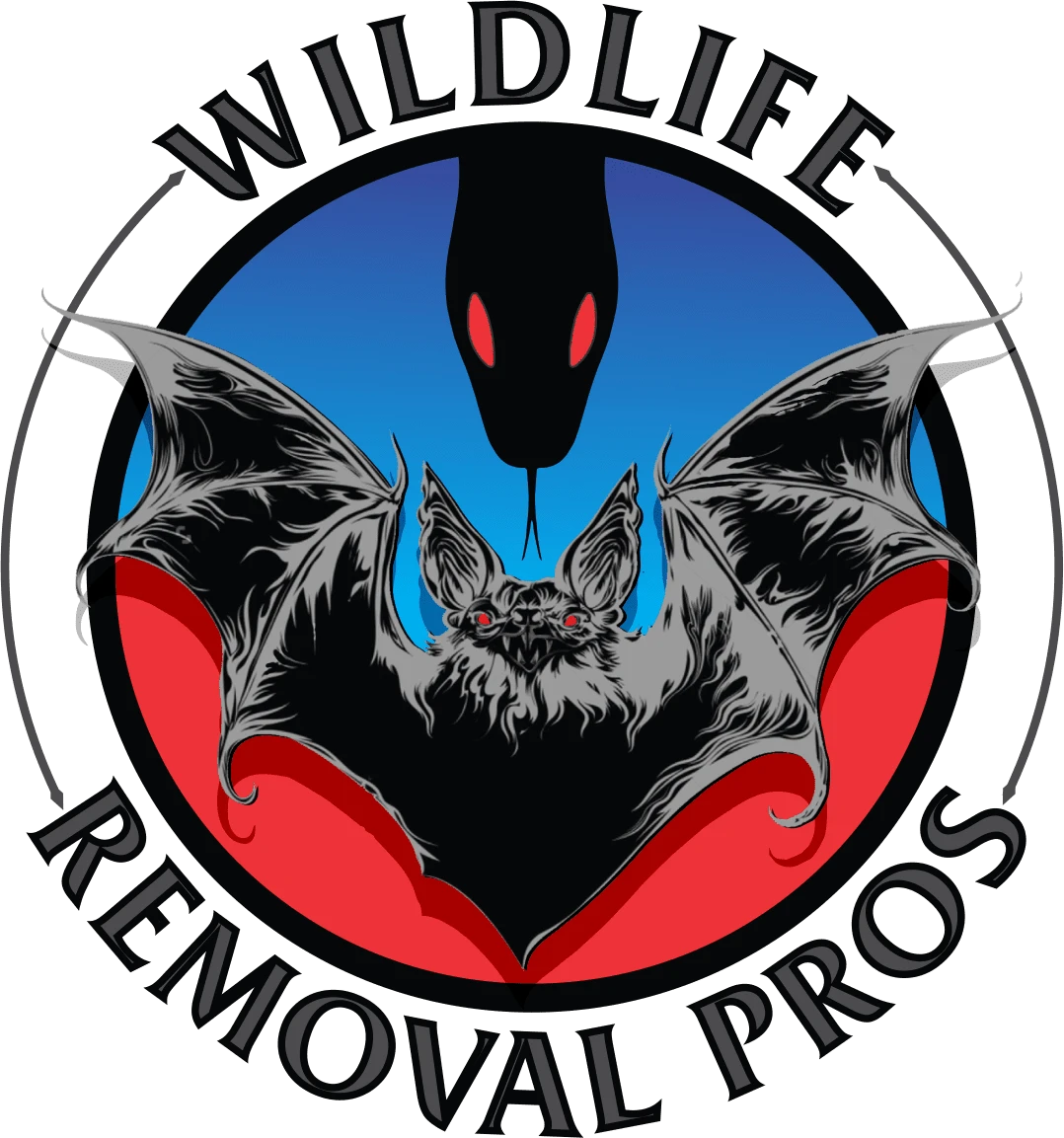Nuisance Raccoons
Nuisance Raccoons are a common problem in many urban and suburban areas. These clever and curious creatures can cause significant damage to property and create health risks for residents. In this article, we’ll take a closer look at what makes these animals such a bother, and explore effective ways to handle them. From recognizing the signs of their presence to implementing preventive measures, we’ve got you covered!
Habits and Characteristics
Nuisance Raccoons are nocturnal mammals native to North America. They have distinctive black markings around their eyes, which resemble a bandit’s mask. Raccoons are highly adaptable and can thrive in a variety of environments, including urban and suburban neighborhoods. They are known for their intelligence and problem-solving abilities, which can make them challenging to deal with.
Risks and Dangers
While raccoons may appear cute and harmless, they can pose several risks and dangers to both humans and pets. Some of the issues caused by Nuisance Raccoons include:
- Property damage: Raccoons can cause significant damage to homes, gardens, and other structures in their search for food and shelter.
- Health risks: Raccoons are carriers of several diseases, such as rabies and leptospirosis, which can be transmitted to humans and pets through their saliva, urine, or feces.
- Attacks on pets: Raccoons may attack pets, particularly small dogs or cats, if they feel threatened or cornered.
Detecting Raccoon Activity
Signs
Keep an eye out for the following signs of Nuisance Raccoons in your area:
- Damaged trash cans or compost bins
- Disturbed or overturned bird feeders
- Tracks or droppings around your property
- Noises in your attic, walls, or crawlspaces
Monitoring and Tracking
If you suspect raccoon activity, consider setting up a wildlife camera to monitor your property. This can help you confirm their presence and provide valuable information on their behavior and habits.
Preventing Raccoon Infestations
Securing Food Sources
One of the primary reasons Nuisance Raccoons are attracted to residential areas is the availability of food. To reduce their presence:
- Use secure, raccoon-proof trash cans and compost bins
- Remove any pet food left outdoors
- Keep bird feeders out of reach or use raccoon-proof models
- Clean up fallen fruit and vegetables from your garden
Fortifying Your Home
Raccoons can enter your home through small openings or weak spots in your roof, walls, or foundation. To prevent raccoons from gaining access:
- Inspect your home for potential entry points and seal any gaps or cracks
- Install chimney caps and vent covers to prevent raccoons from entering through these areas
- Trim overhanging branches to limit raccoon access to your roof
Dealing with Existing Raccoon Problems
Humane Removal Methods
If you’ve already got Nuisance Raccoons on your property, there are several humane methods for removing them:
- Live traps: Capture raccoons using baited live traps and relocate them to a suitable location far away from your home (check local regulations for guidelines on relocation).
- Repellents: Most commercial raccoon repellents, such as ammonia-soaked rags or motion-activated sprinklers, to deter raccoons from your property are ineffective and are merely gimmicks.
- One-way doors: If raccoons are nesting in your attic, install a one-way door that allows them to exit but not re-enter. Once they are out, seal the entry point.
Professional Help
In most cases, it is necessary to enlist the help of a professional wildlife removal service. We have the experience and expertise to safely remove nuisance raccoons and address any damage they may have caused.
Frequently Asked Questions
1. How can I tell if I have Nuisance Raccoons in my attic?
Listen for noises such as scratching, thumping, or chattering, especially at night. You may also notice foul odors from their urine or feces.
2. Are raccoons dangerous to humans?
While raccoons are generally not aggressive towards humans, they can become a threat if they feel cornered or threatened. They can also transmit diseases, such as rabies, through bites or scratches.
3. Can I use poison to get rid of raccoons?
Using poison is not recommended, as it is inhumane and can pose a risk to other wildlife, pets, and humans. It’s better to use humane methods such as live trapping or one way doors.
4. Do raccoons hibernate during winter?
Raccoons do not truly hibernate, but their activity levels decrease significantly during the winter months. They may sleep for extended periods during particularly cold spells.
5. Are raccoons good at climbing?
Yes, raccoons are excellent climbers and can scale trees, fences, and walls with ease.
6. Can raccoons be kept as pets?
Raccoons are wild animals and do not make suitable pets. They have complex needs and can become aggressive or destructive if not properly cared for.
Conclusion
Dealing with Nuisance Raccoons can be a challenge, but with the right knowledge and strategies, you can effectively manage these pesky critters. Remember to be vigilant about detecting their presence, take steps to prevent infestations, and use humane methods for removal when necessary.
